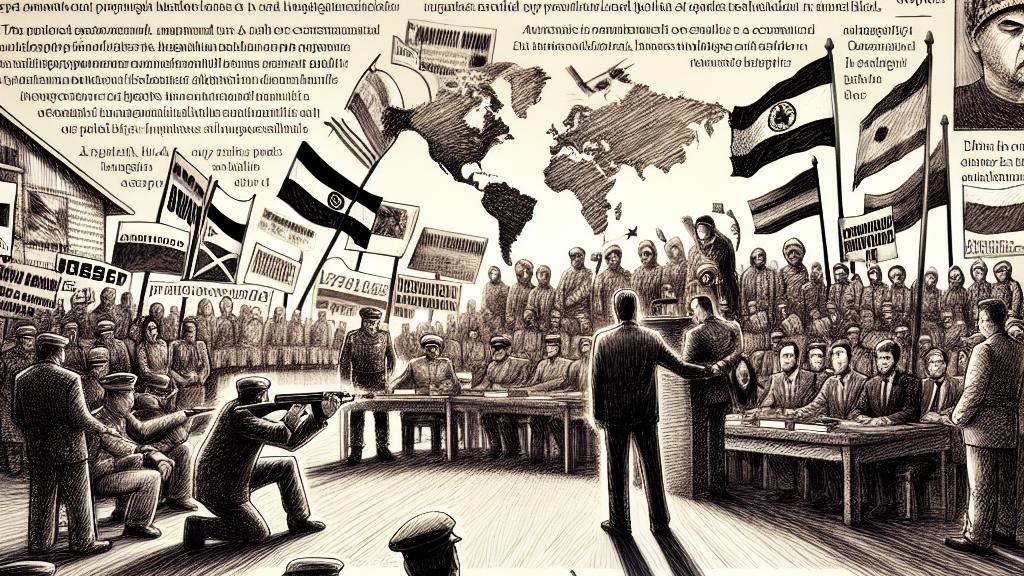Amit Shah's Controversial Role in India's Politics
Overview
- Canada accuses Amit Shah of orchestrating actions against Sikh separatists, sparking significant controversy.
- Mutual diplomatic expulsions between India and Canada signal a severe deterioration in relations.
- Shah, as Modi's closest advisor, heavily influences Indian politics and raises questions regarding state-sponsored actions.

Background of Allegations
The controversy surrounding Amit Shah, India’s Union Home Minister, is rooted in serious accusations from Canadian authorities. Canada alleges that Shah has been orchestrating campaigns intended to intimidate Sikh separatist groups within its borders, particularly following the murder of activist Hardeep Singh Nijjar in June 2023. This shocking crime has become a pivotal point in escalating tensions, compelling the Canadian Deputy Foreign Affairs Minister, David Morrison, to publicly affirm Shah’s name in relation to these controversial activities. As Morrison confirmed to The Washington Post, these claims not only reflect political disputes but also highlight the sensitive nature of international relationships, reinforcing the idea that diplomatic misconduct impacts not just governments but communities worldwide.
Amit Shah's Political Influence
Amit Shah's influence in Indian politics is profound and multifaceted. Often characterized as the architect of the Bharatiya Janata Party’s (BJP) success, Shah has played a vital role in shaping the party’s strategy and outreach over the years. His political journey is marked by significant victories, including the BJP’s sweeping electoral wins, which have transformed it into a dominant force in India. Shah’s key contributions include the pivotal revocation of Article 370, which stripped Jammu and Kashmir of its special status, and the contentious Citizenship Amendment Act. Such policies have ignited passionate debates and protests, showcasing Shah's ability to stir national discourse. His actions underscore not only his political ambition but also his unwavering commitment to a vision of India defined by robust nationalism.
Implications for India-Canada Relations
The diplomatic fallout from these allegations has created ripples that threaten the fabric of India-Canada relations. The immediate tit-for-tat expulsion of diplomats exemplifies how easily trust can erode between nations, especially when serious accusations like these emerge. This incident raises essential questions about the conduct of states on the global stage, as well as their commitment to protecting human rights. Furthermore, the allegations intersect with the longstanding Khalistan movement, which seeks an independent Sikh homeland, thereby reigniting discussions about the rights and safety of Sikh communities abroad and their political ambitions. As the world watches, it becomes evident that this issue transcends borders; it symbolizes the ongoing struggle between nationalism and security, leaving many to ponder the true costs of governmental actions aimed at dissenting voices. The evolving narrative is not just about two countries; it pertains to the profound implications for diasporic communities and international norms.

Loading...